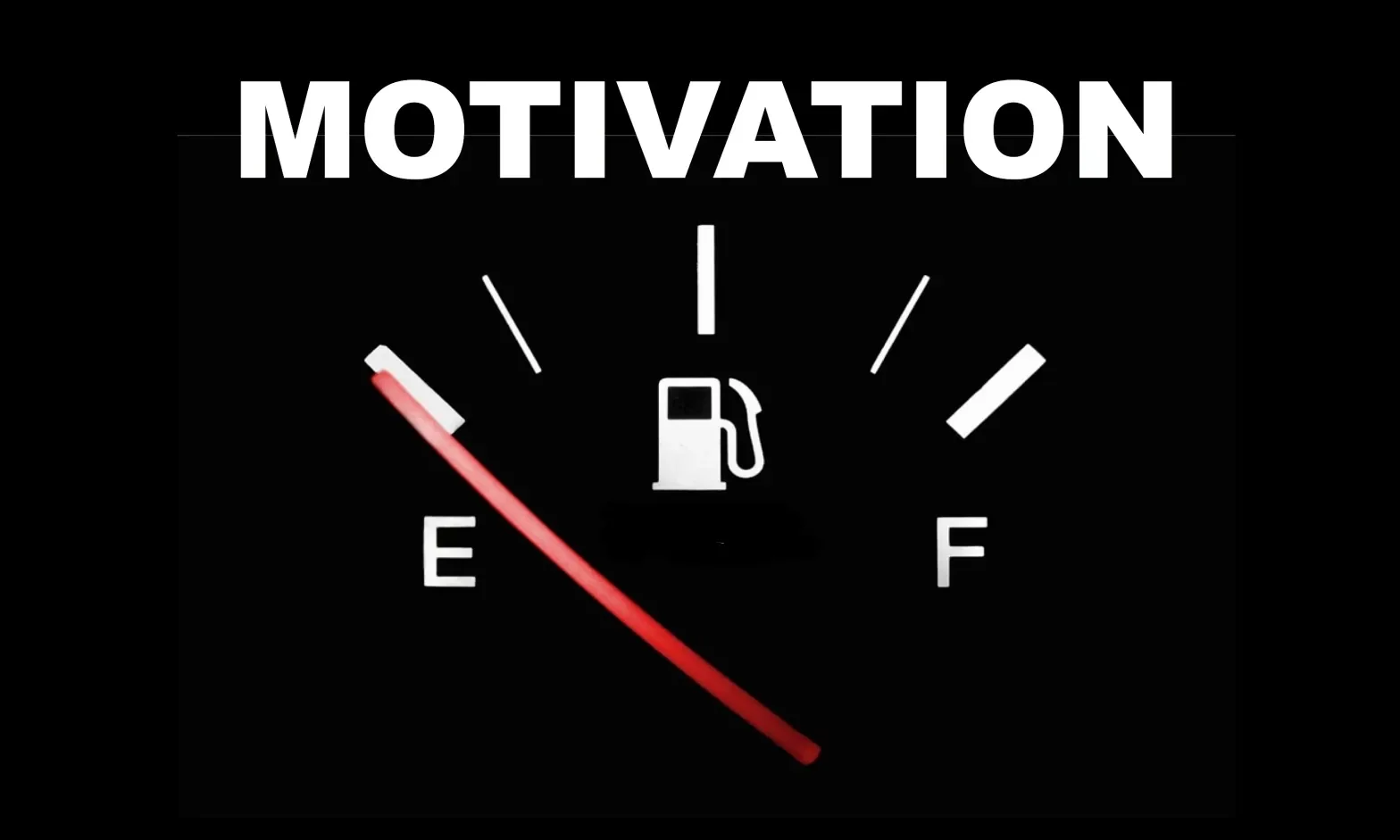When Motivation Disappears: The Science Behind Low Energy in Depression
There are days when even the smallest tasks feel impossible. Getting out of bed feels heavier than usual, the things you used to enjoy no longer spark joy, and your mind whispers, “What’s the point?”
If you’ve ever felt that way, you’re not lazy — and you’re definitely not alone. What you’re experiencing is one of the most misunderstood symptoms of depression: the loss of motivation and energy.
Why Depression Drains Your Energy
Depression doesn’t just affect emotions — it changes how the brain and body function. When someone experiences depression, several systems that regulate mood, focus, and energy begin to slow down.
1. Changes in Brain Chemistry
Depression alters the balance of brain chemicals like dopamine, serotonin, and norepinephrine — the messengers responsible for motivation, pleasure, and alertness.
When these levels drop, the brain struggles to produce the “reward” feeling that usually pushes us to take action. Tasks that once felt satisfying no longer trigger that response, leading to a cycle of low drive and exhaustion.
2. Overactive Stress Response
The brain’s stress center, the amygdala, becomes more active during depression. Meanwhile, the prefrontal cortex — the part responsible for focus and decision-making — slows down.
This imbalance keeps the body in a state of mental fatigue. You might feel tired even after sleeping, or mentally “foggy” even after resting.
3. Inflammation and Physical Fatigue
Recent studies show that depression can increase inflammation in the body, which affects energy production. That’s why people with depression often describe feeling physically drained, as if every movement takes extra effort.
The Emotional Side of Low Motivation
It’s not just the body — depression also changes how you think and feel about your abilities.
When you lose motivation, guilt often follows: “I should be doing more.” But this guilt only feeds the exhaustion. The truth is, your mind and body are working harder than usual just to keep you going.
Healing starts when you recognize that low energy isn’t a character flaw — it’s a symptom of something deeper.
Finding Your Way Back to Energy
Recovering motivation takes patience. Instead of forcing yourself to “snap out of it,” try rebuilding small moments of momentum and connection.
1. Start with Gentle Goals
Begin with simple, manageable tasks — making your bed, drinking water, stepping outside for a few minutes. Every small action signals safety and movement to your brain, slowly rebuilding the motivation circuit.
2. Reintroduce Enjoyment
You don’t have to feel ready to do something to start doing it. Revisit activities that once brought you calm or joy — cooking, art, music, or nature walks — without pressure to “feel happy.” Sometimes pleasure returns after the action, not before it.
3. Seek Professional Support
Therapies like Cognitive Behavioral Therapy (CBT) or EMDR can help address the thought patterns and emotional triggers that drain motivation. Talking to a mental health professional can provide structure and accountability as you heal.
4. Be Kind to Yourself
Self-compassion isn’t indulgence — it’s medicine. Healing from depression isn’t about being productive; it’s about being patient with yourself as your body and mind recover their balance.
Final Thoughts
When motivation disappears, it can feel like losing a part of yourself. But it’s not gone forever — it’s simply waiting for healing to happen.Depression slows the body, the brain, and the spirit — but with understanding, gentle habits, and the right support, energy and purpose can return. Healing doesn’t happen all at once. Sometimes it starts with one quiet act: believing that it’s possible.



